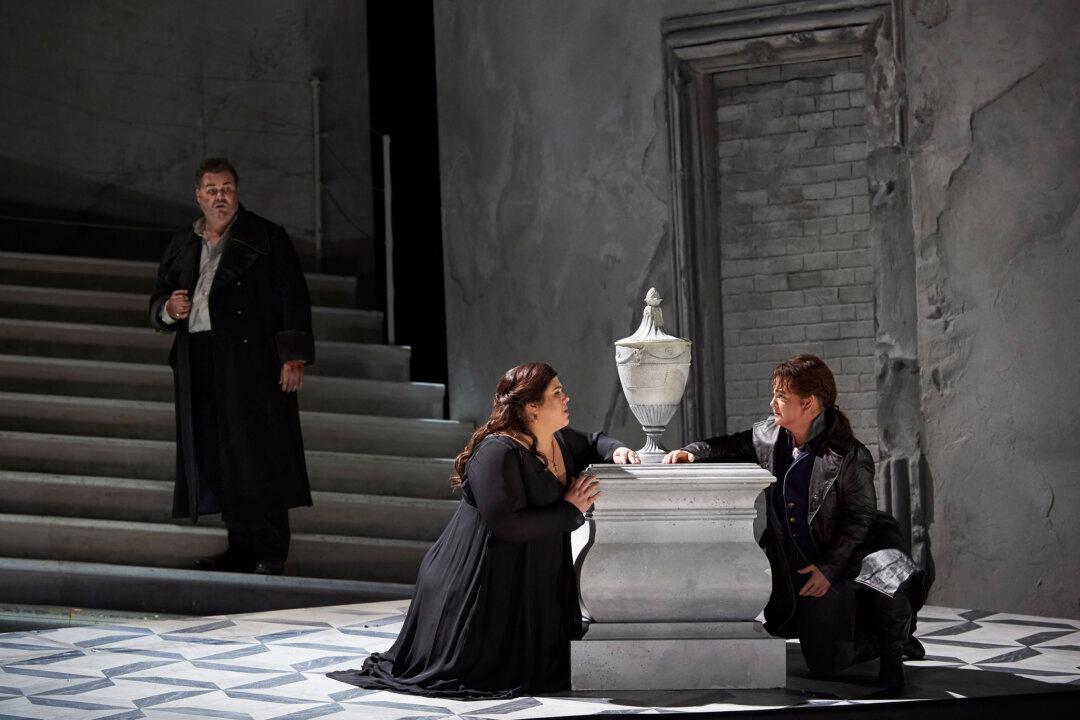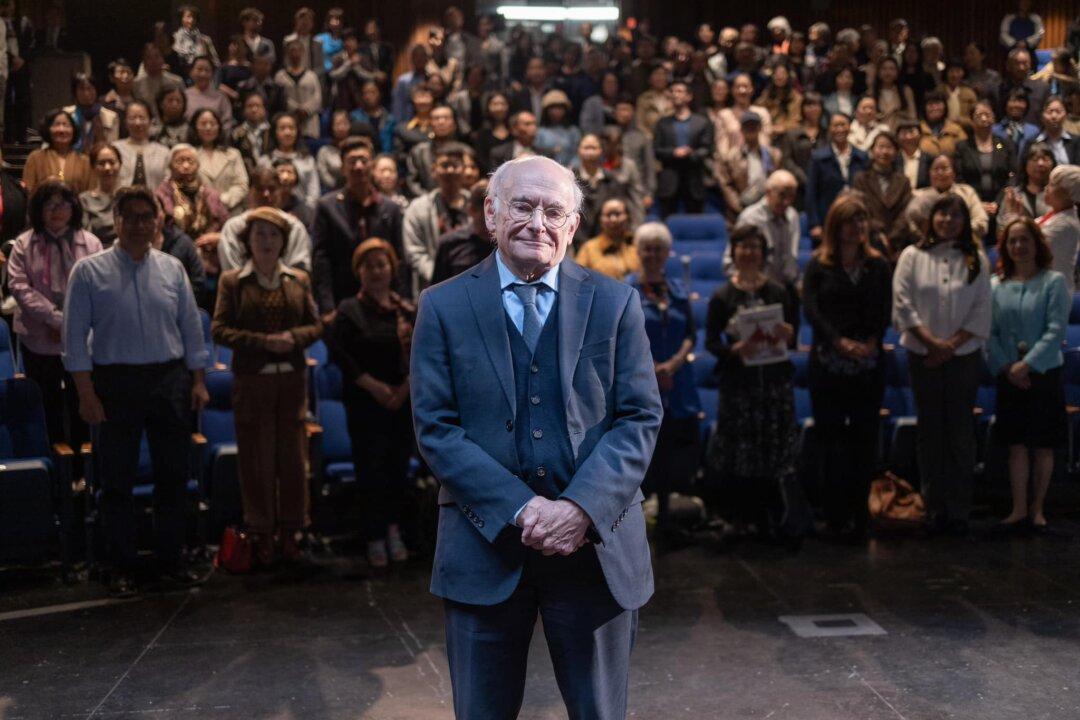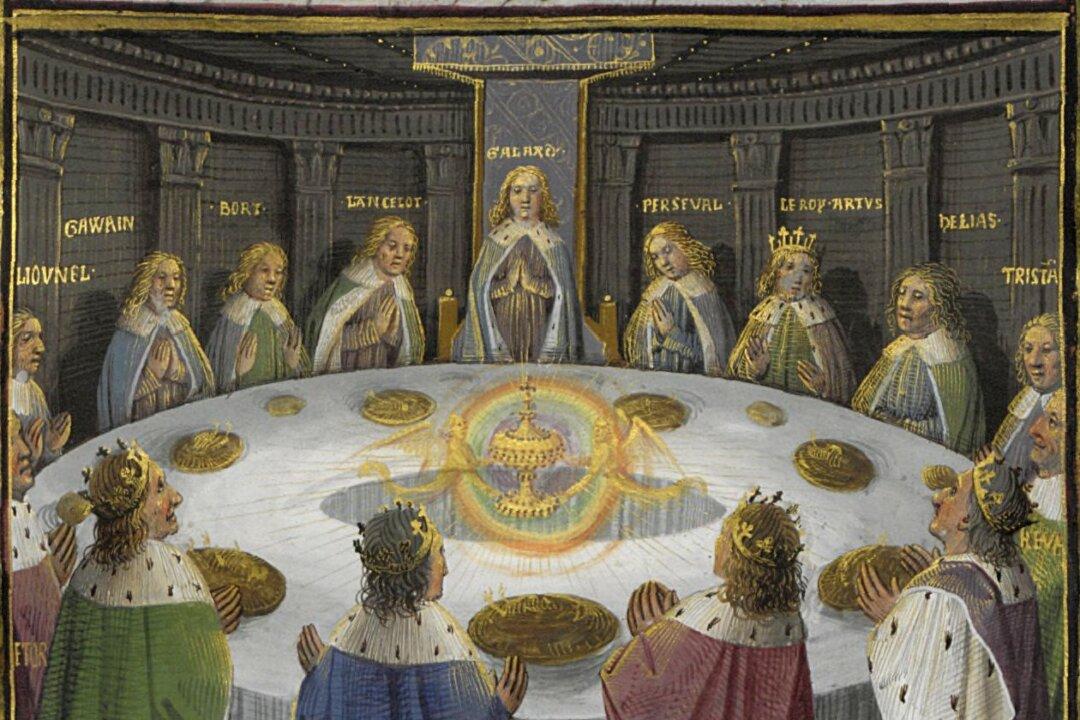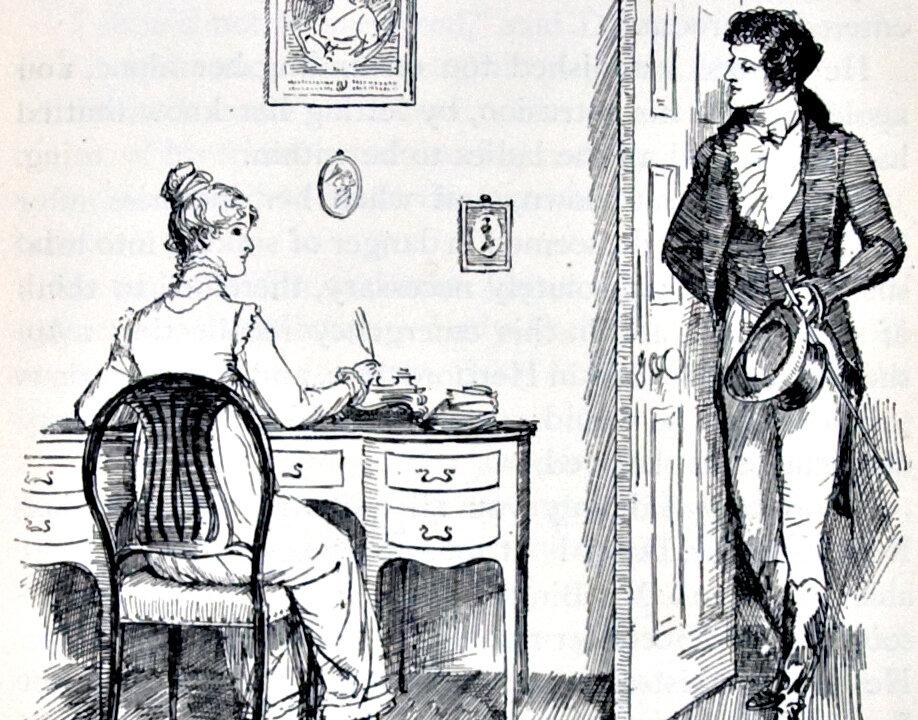TORONTO—Most people familiar with Rossini are familiar with his comedies, such as his greatest hit “The Barber of Seville,” known for its effervescent, upbeat spirit. However, Rossini also wrote some quality serious operas, such as “William Tell” and “Maometto II.”
In the case of the latter, both opera aficionados and those who have never seen an opera are in for a new experience with the Canadian Opera Company’s revival of “Maometto II,” which has rarely been performed since its 1820 premiere in Naples despite its musical virtuosity.
“I think that ‘Maometto II’ offers some of the most intensely dramatic displays of virtuosic vocalism in the operatic repertoire, and I think this production specifically highlights the music in the best possible ways, allowing the music to just really speak and drive the drama. I think people will walk away like they witnessed something very special,” says American mezzo-soprano Elizabeth DeShong who is singing in the COC’s revival.
This production, directed by David Alden, was originally presented by the Santa Fe Opera in 2012.
“Maometto II” is set in the Venetian city of Negroponte where the governor, Paolo Erisso, is confronted with the impending invasion of the Ottoman sultan Maometto II (Mehmed II), who successfully conquered Constantinople and is now advancing on Western Europe. The young nobleman Calbo urges the governor to keep on fighting, and a battle ensues. However, as the story unfolds, little does Erisso know that his own daughter Anna—whom he wants to betroth to Calbo—has fallen in love with none other than Maometto himself, while he was travelling in disguise.
DeShong plays the role of Calbo, a pants role as it is known in opera, referring to the role of a man written for a woman’s voice. This part is usually used in opera to portray a very young man.
Calbo is a person of upstanding character who defends Anna’s honour despite the fact that she is in love with another man.
“As a soldier he is brave and eager to go into battle and fight to the bitter end, but when it comes to his love for Anna, he is tender and cautious and tremendously understanding,” says DeShong, noting that this respect and trust is a mark of his noble character and selfless love.
“It challenges your assumptions and I like characters that challenge your assumptions.”






